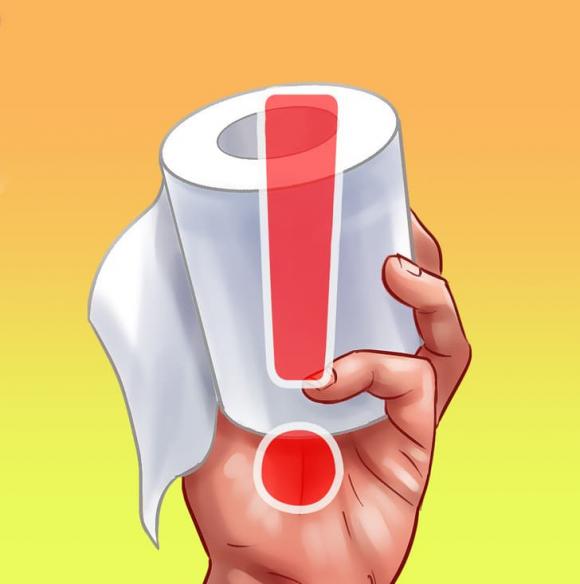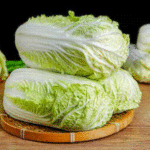Toilet Paper: A Convenient Invention with Hidden Dangers
The toilet paper rolls we commonly use today were first sold in 1857. In 1942, the first soft, two-ply toilet paper was introduced, and by the 1950s, various colored options became available. It wasn’t until the 1960s, however, that it was widely sold in stores.
Undoubtedly, toilet paper is a convenient and useful invention. Yet, experts are increasingly highlighting its potential harm.
What is Toilet Paper Made Of?
 Have you ever wondered what toilet paper is made of?
Have you ever wondered what toilet paper is made of?
Toilet paper is typically made from wood or recycled paper. In its earliest iterations, the following were used:
Maple trees: 70% hardwood (oak, maple) with short fibers.
Coniferous trees: 30% softwood (fir, pine) with long fibers.
Chemical agents are used to extract the suitable fibers for industrial production from the wood.
Bleaching agents: In the production of virgin paper, chlorine dioxide (a chlorine-based bleaching agent) is used. Water is then added to the mixture to combine all the ingredients.
In the process of making toilet paper from recycled paper, the following are used:
Paper: For example, newspaper or office paper.
Bleaching agents: To whiten this type of paper, ozone, oxygen, hydrogen peroxide, or sodium hydroxide is used.
Chemical products.
The Dangers of Toilet Paper
The toilet paper we use may pose health risks. Various chemicals are used in its production, such as:
Phthalates, which can negatively impact the endocrine system and reproductive function in humans, have also been linked to potential harm to children’s health.
Semi-volatile organic chlorine compounds (SVCOCs) are used to bleach toilet paper.
Polycyclic aromatic hydrocarbons (PAHs) can cause allergic reactions and endocrine disruptions.

Formaldehyde and its derivatives are used to improve the paper’s wet strength. However, formaldehyde is classified as a carcinogen and skin irritant.
Toilet paper made from recycled products may contain Bisphenol A (BPA), which negatively affects the endocrine system and is linked to reproductive issues, early puberty, and breast cancer.
Dyes in colored toilet paper can cause localized contact dermatitis.
Scientists conducted a study that found high levels of PAHs, phthalates, and SVCOCs in certain toilet paper brands. They believe this could increase the risk of cancer.
The potential risks of toilet paper don’t end there:
Scented toilet paper can irritate the urethra or cause urinary tract infections in some women.
Using toilet paper can also aggravate anal sensitivity issues. It is not recommended for those experiencing difficult bowel movements, itching, and gastrointestinal problems.
Bidet toilets are considered a great alternative to toilet paper. Experts highlight the following benefits of using water and soap instead:
Improved hygiene: Washing with soap and water is more sanitary than using paper alone.
Reduced risk of hemorrhoids: Using water at medium or low pressure can reduce anal pressure and the likelihood of developing hemorrhoids.
Environmentally friendly: Toilet paper is harmful to the environment, leaving a carbon footprint and contributing to deforestation.

According to Cong Ly va Xa Hoi






































